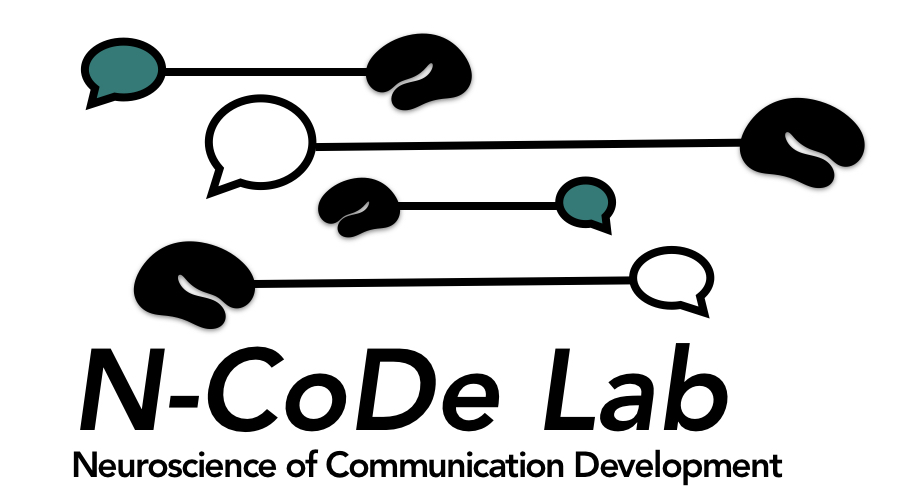Ever wondered why we love learning new words? Recent experiments have shown that adults experience intrinsic reward when they successfully learn new words from context. Moreover, this sense of reward significantly enhances long-term memory retention of newly acquired words.
But what about children and teenagers? Do they feel the same way about learning new words? In our Stage 2 Registered Report now accepted at Developmental Science, we investigated whether 345 children and young people aged 10-18 would find learning the meaning of new words intrinsically rewarding using a naturalistic reading paradigm.
Our findings conclusively demonstrate that children find successful word learning enjoyable. However, contrary to expectations, there wasn’t significant evidence for age-related changes, with enjoyment for word learning staying stable between the ages of 10-18. Also surprisingly, memory benefits did not emerge, we talk more about why in the paper.
We’re very excited about these results, as we now know more about the intricate interplay between intrinsic reward and language acquisition during adolescence. It helps us understand more about how we learn languages and opens up new avenues for studying how this experience might be different in people who struggle with language and reading.
You can find out more here: Bains, A., Barber, A., Nell, T., Ripollés, P., & Krishnan, S. (in press). Stage 2 Registered Report. The role of intrinsic reward in adolescent word learning. Developmental Science. http://doi.org/10.1111/desc.13513 [Preprint] [Open Data]

